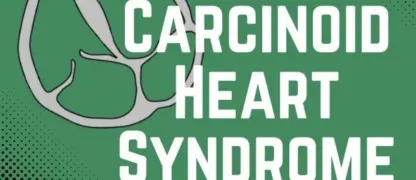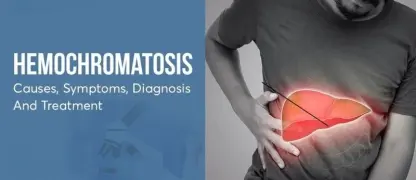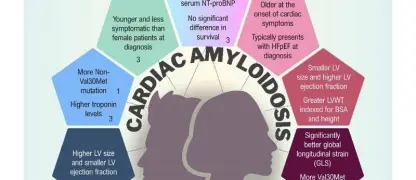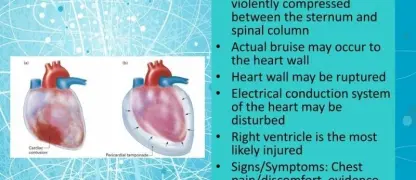Cardiogenic shock occurs when the heart cannot pump sufficient blood to meet body needs, leading to life-threatening complications that demand urgent treatment.
What are the main causes of cardiogenic shock?
- Heart attack is the leading cause of cardiogenic shock, reducing the heart's ability to pump blood efficiently and compromising vital organ function.
- Severe heart failure can develop from chronic conditions, causing the heart to weaken and triggering cardiogenic shock rapidly.
- Cardiomyopathy, including viral or stress-induced forms, may impair heart contractions and precipitate cardiogenic shock.
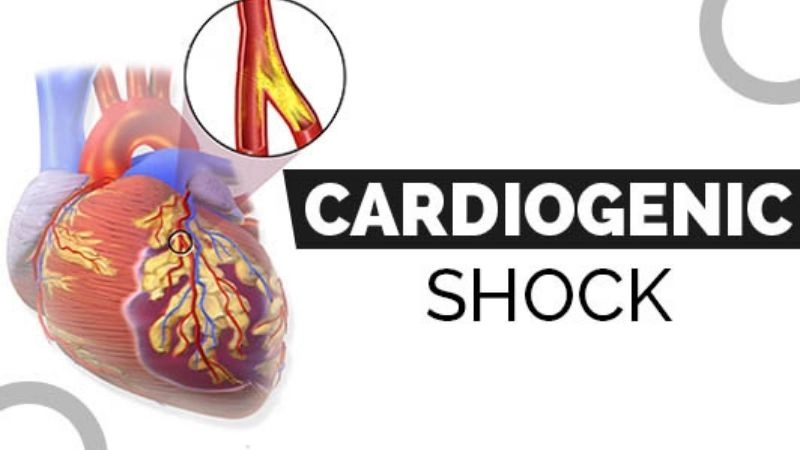
Warning signs of cardiogenic shock symptoms
>>> Understand more about: Holt-Oram syndrome symptoms early detection and risks
Key symptoms of cardiogenic shock to watch for
- Rapid, weak pulse and low blood pressure often indicate that the heart cannot maintain sufficient circulation.
- Shortness of breath, fatigue, and confusion may signal reduced oxygen delivery to organs due to cardiogenic shock.
- Cold, clammy skin and pale extremities often accompany a sudden drop in cardiac output and shock progression.
How can you prevent cardiogenic shock effectively?
- Manage cardiovascular risk factors such as high blood pressure, cholesterol, and diabetes to reduce the likelihood of heart complications.
- Seek prompt treatment for any heart attack or heart failure symptoms to prevent progression to cardiogenic shock.
- Maintain a heart-healthy lifestyle with regular exercise, balanced diet, and avoiding smoking to strengthen heart function.
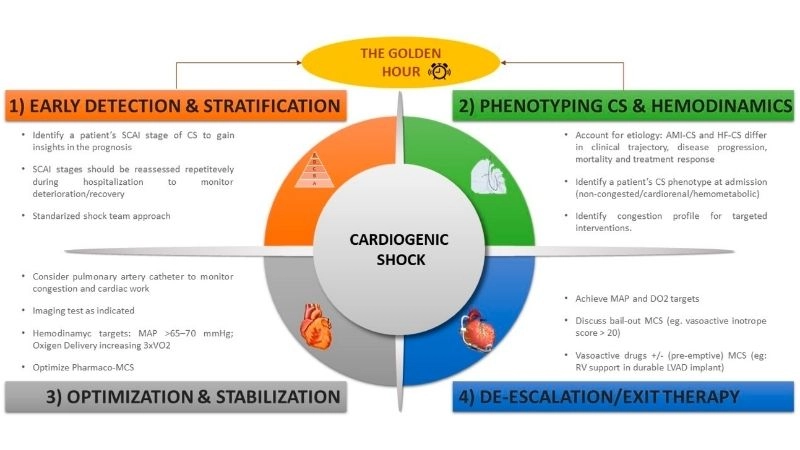
Life saving ways of cardiogenic shock treatment
>>> Understand more about: Understanding symptoms and causes of Noonan Syndrome
Images visual examples of cardiogenic shock
This image shows a patient experiencing cardiogenic shock with low blood pressure, weak pulse, and oxygen therapy support. Visual aids help identify clinical signs quickly and improve awareness of this critical condition.
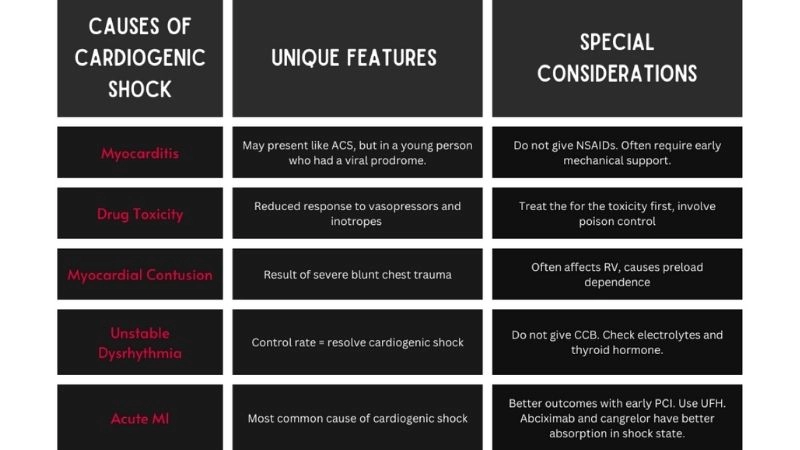
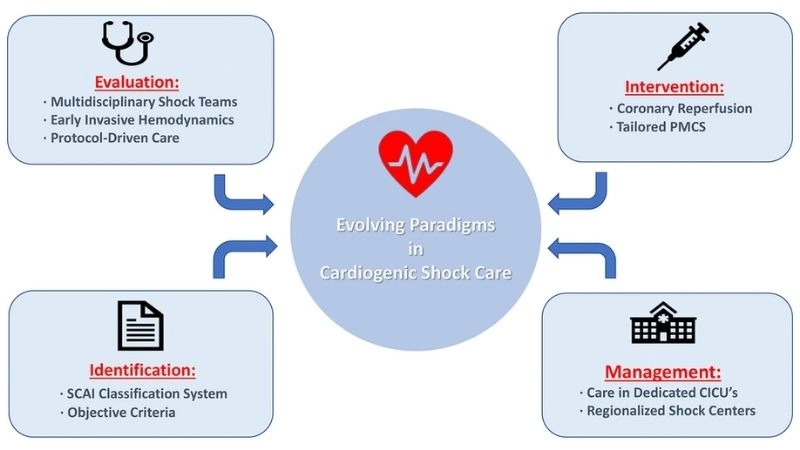
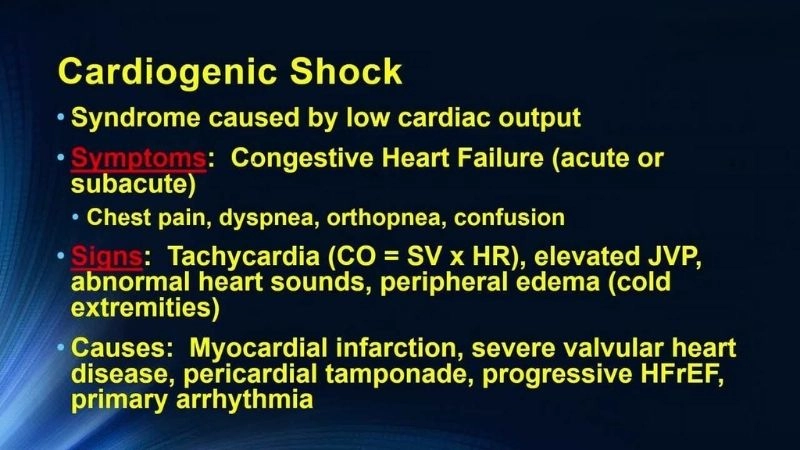
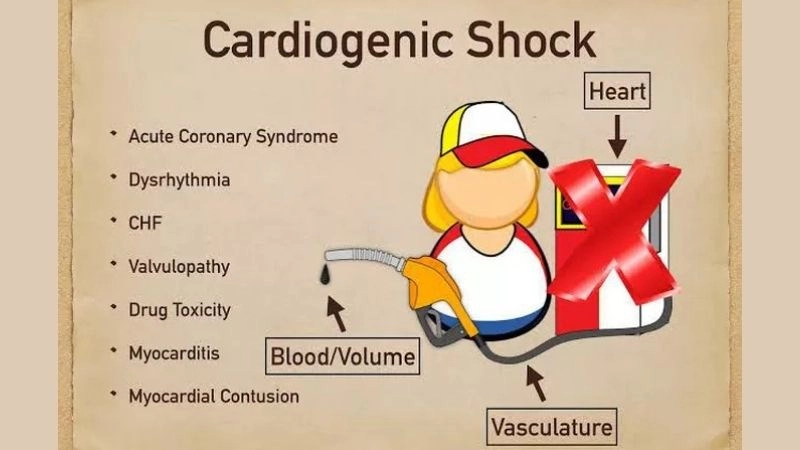
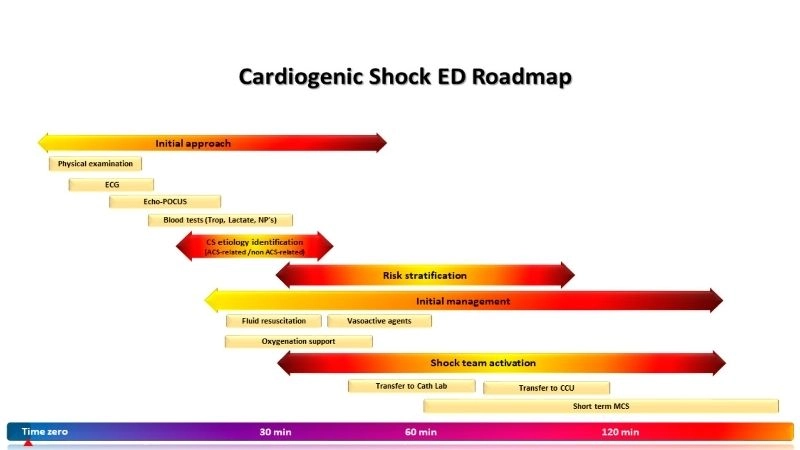
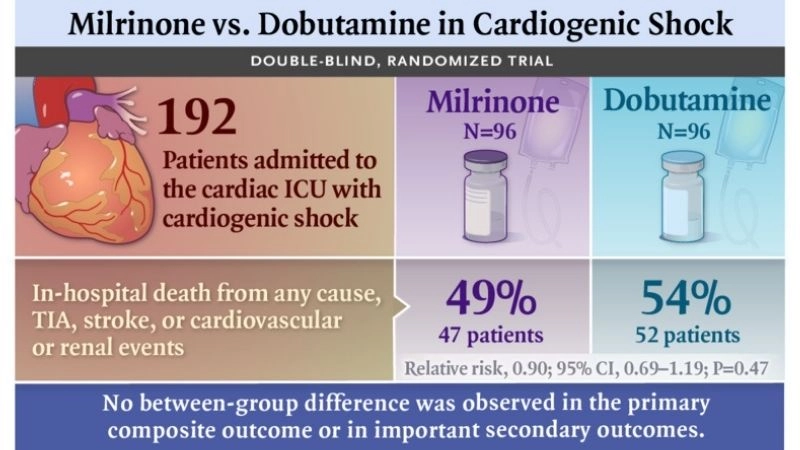
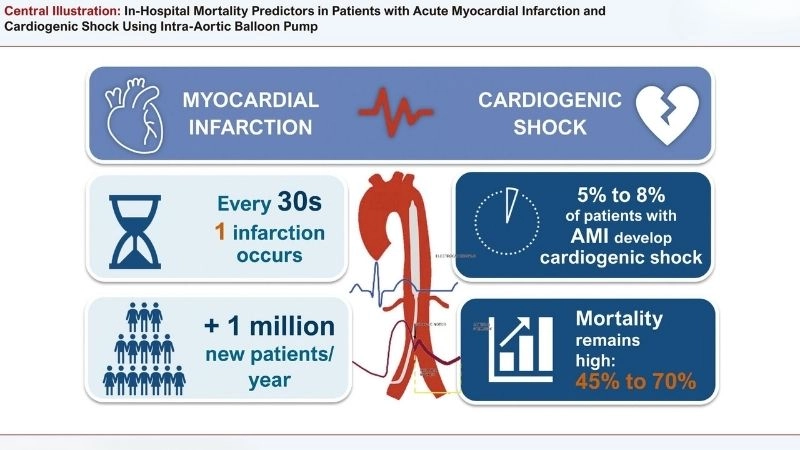
>>> Understand more about: Pompe disease progression and how it impacts the body
Cardiogenic shock remains a medical emergency requiring quick diagnosis, immediate interventions, and intensive care to improve survival and patient outcomes.


